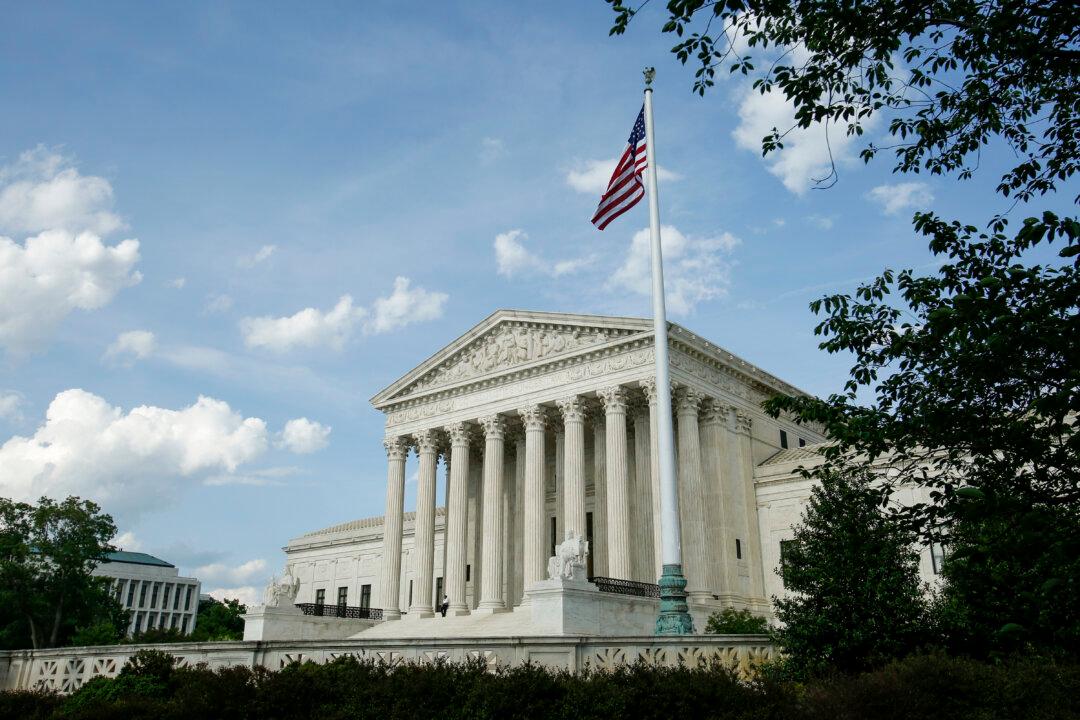WASHINGTON—A tax-credit program for needy students in Montana shouldn’t be shut down merely because some of the money may end up in the coffers of private religious schools, the Supreme Court heard Jan. 22.
“What we’re saying here is that ... the state can’t discriminate on the basis of religion ... [and] that is what they are doing in this case,” said the lawyer for the parents in the case, Richard Komer of the Institute for Justice, a public interest law firm.





